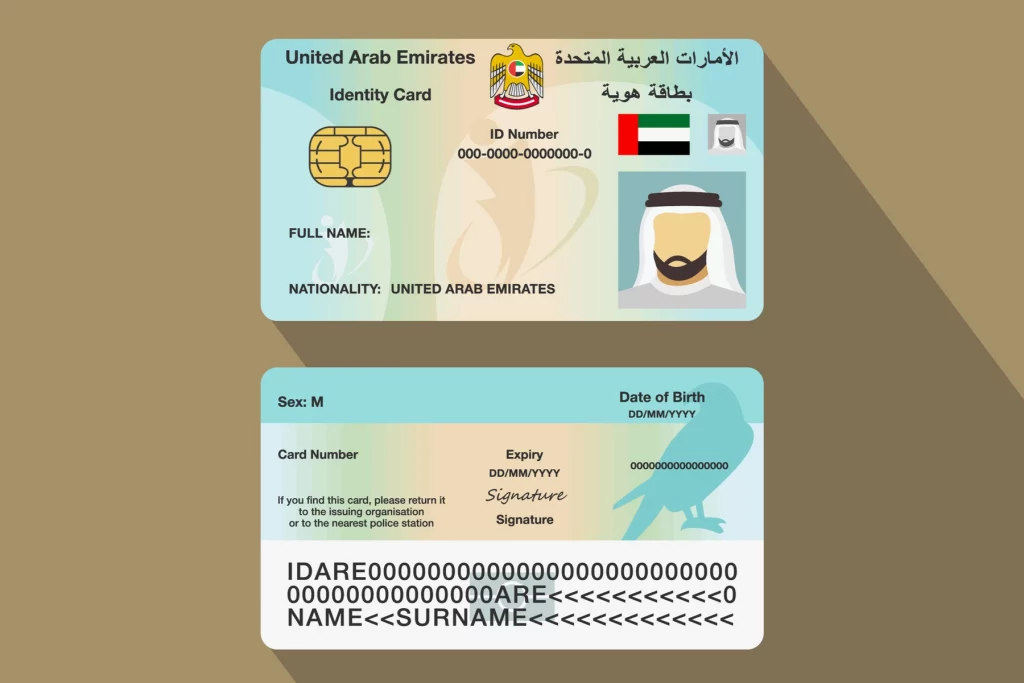Offshore investments have become a popular choice for individuals and businesses looking to diversify their portfolios, optimize tax efficiency, and protect their assets. However, there is often confusion surrounding the legality of offshore investments, particularly in the United Arab Emirates (UAE). In this article, we will explore the legality of offshore investments in the UAE and shed light on the key considerations for investors.
Understanding Offshore Investments
Before delving into the legal aspects, let’s clarify what offshore investments entail. An offshore investment refers to the allocation of funds outside one’s home country, typically in a low-tax jurisdiction or a country with specific advantages for investors. These offshore jurisdictions are known for their favorable regulatory frameworks, tax incentives, and financial privacy provisions.
The Legal Landscape in the UAE
The UAE, comprising seven emirates including Dubai and Abu Dhabi, has emerged as a thriving hub for business and investment. With its strategic location, world-class infrastructure, and investor-friendly policies, the country has attracted numerous global investors. However, it is important to understand the legal framework governing offshore investments in the UAE.
Federal Laws and Regulations
At the federal level, the UAE has implemented various laws and regulations to ensure the smooth functioning of its financial system and to maintain transparency. The Central Bank of the UAE, in collaboration with other regulatory authorities, oversees the financial sector and enforces compliance with these laws.
Free Zones and Offshore Companies
The UAE offers specialized zones called “free zones” that provide incentives for businesses and investors. These free zones have their own regulatory frameworks and offer attractive benefits, such as 100% foreign ownership, zero corporate and personal income taxes, and full repatriation of profits. Companies established within these free zones are commonly referred to as “offshore companies.”
Offshore Financial Centers
In addition to free zones, the UAE has designated offshore financial centers that cater specifically to offshore investments. The most notable offshore financial center in the UAE is the Dubai International Financial Centre (DIFC), which operates under its own legal framework and provides a wide range of financial services.
The Legality of Offshore Investments in the UAE
Now, let’s address the question at hand: Are offshore investments illegal in the UAE? The answer is no. Offshore investments are legal and widely practiced in the UAE, provided they comply with the applicable laws and regulations.
Compliance with Regulatory Requirements
To ensure the legality of offshore investments, it is crucial for investors to adhere to the regulatory requirements imposed by the UAE authorities. These requirements include proper documentation, due diligence, and compliance with anti-money laundering (AML) and know your customer (KYC) regulations.
Qualified Professionals and Advisors
Engaging qualified professionals and advisors who possess in-depth knowledge of UAE laws and regulations is essential when considering offshore investments. These experts can provide guidance on structuring investments, navigating legal complexities, and ensuring compliance with relevant regulations.
Transparency and Reporting
Transparency and reporting are fundamental aspects of the UAE’s regulatory framework. Investors are required to maintain accurate records, submit regular financial statements, and comply with tax reporting obligations. By demonstrating transparency and complying with reporting requirements, investors can ensure the legitimacy of their offshore investments.
Benefits of Offshore Investments in the UAE
While the legality of offshore investments is established, it is important to understand the potential benefits they offer to investors.
Tax Optimization
One of the primary motivations behind offshore investments is tax optimization. By investing in jurisdictions with favorable tax regimes, investors can minimize their tax liabilities, preserve wealth, and maximize returns. The UAE’s free zones and offshore financial centers provide attractive tax benefits, making them appealing options for offshore investment.
Asset Protection
Offshore investments can also serve as a means of asset protection. By diversifying assets across different jurisdictions, investors can shield their wealth from potential risks and legal claims. Offshore structures, such as trusts and foundations, offer enhanced asset protection and privacy, further safeguarding an investor’s wealth.
Portfolio Diversification
Investing offshore allows for greater portfolio diversification by accessing a wider range of investment opportunities. Different jurisdictions offer unique investment classes, allowing investors to spread risk and potentially enhance returns. This diversification can contribute to a more robust and resilient investment portfolio.
Can I open an offshore bank account in UAE?
Yes, it is possible to open an offshore bank account in the United Arab Emirates (UAE). The UAE is known for its favorable business environment and robust financial sector, making it an attractive destination for individuals and businesses seeking offshore banking services.
Offshore bank accounts in the UAE provide several benefits, including financial privacy, asset protection, and access to global investment opportunities. Additionally, the UAE offers political stability, strong regulatory frameworks, and a well-developed banking infrastructure.
Does Dubai have offshore banks?
Yes, Dubai does have offshore banks. In fact, Dubai is home to one of the most prominent offshore financial centers in the United Arab Emirates (UAE) called the Dubai International Financial Centre (DIFC). The DIFC is a free zone located in the heart of Dubai, specifically established to provide a favorable environment for international businesses and offshore financial services.
The DIFC operates as an independent jurisdiction within Dubai, with its own legal and regulatory framework. It has its own financial services authority, courts, and arbitration center. Many international banks and financial institutions have set up their offices and operations in the DIFC to provide a wide range of offshore banking services.
The offshore banks operating within the DIFC offer various financial services, including private banking, wealth management, investment banking, corporate banking, and asset management. These banks cater to both individual and corporate clients, providing them with access to a robust financial infrastructure, global investment opportunities, and favorable tax benefits.
Can I open an offshore stock trading account in UAE?
Yes, you can open an offshore stock trading account in the United Arab Emirates (UAE). As mentioned earlier, the UAE has several offshore jurisdictions, such as the Dubai International Financial Centre (DIFC) and Abu Dhabi Global Market (ADGM), where you can find financial institutions that offer offshore stock trading services.
Opening an offshore stock trading account in the UAE typically involves the following steps:
- Choose an offshore jurisdiction: Decide on the specific offshore jurisdiction that aligns with your preferences and requirements. Both DIFC and ADGM are popular choices in the UAE for offshore financial services.
- Select a brokerage firm: Research and choose a reputable brokerage firm that operates within the chosen offshore jurisdiction and provides offshore stock trading services.
- Provide documentation: Prepare the required documents, which usually include a valid passport, proof of residence, bank references, professional references, and other KYC (Know Your Customer) documents as per the brokerage’s requirements.
Conclusion
In conclusion, offshore investments are legal and widely practiced in the UAE, provided they comply with the relevant laws and regulations. The UAE offers attractive opportunities for investors through its free zones and offshore financial centers. By adhering to regulatory requirements, engaging qualified professionals, and demonstrating transparency, investors can navigate the legal landscape and leverage the benefits of offshore investments, such as tax optimization, asset protection, and portfolio diversification. However, it is essential for investors to stay informed and seek professional advice to ensure compliance with the ever-evolving regulatory environment. Invest wisely and explore the opportunities that offshore investments in the UAE have to offer.






